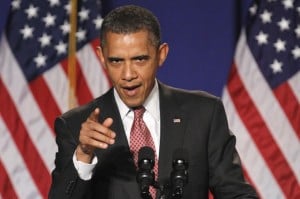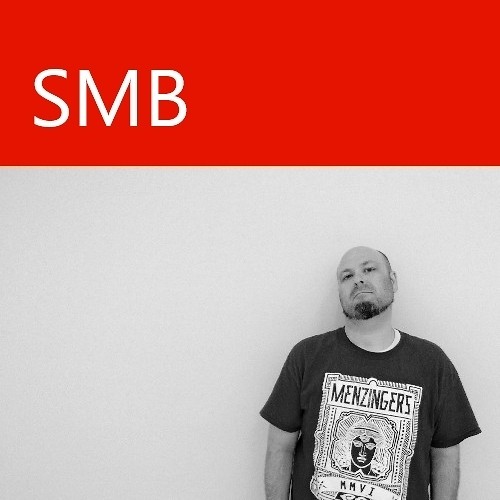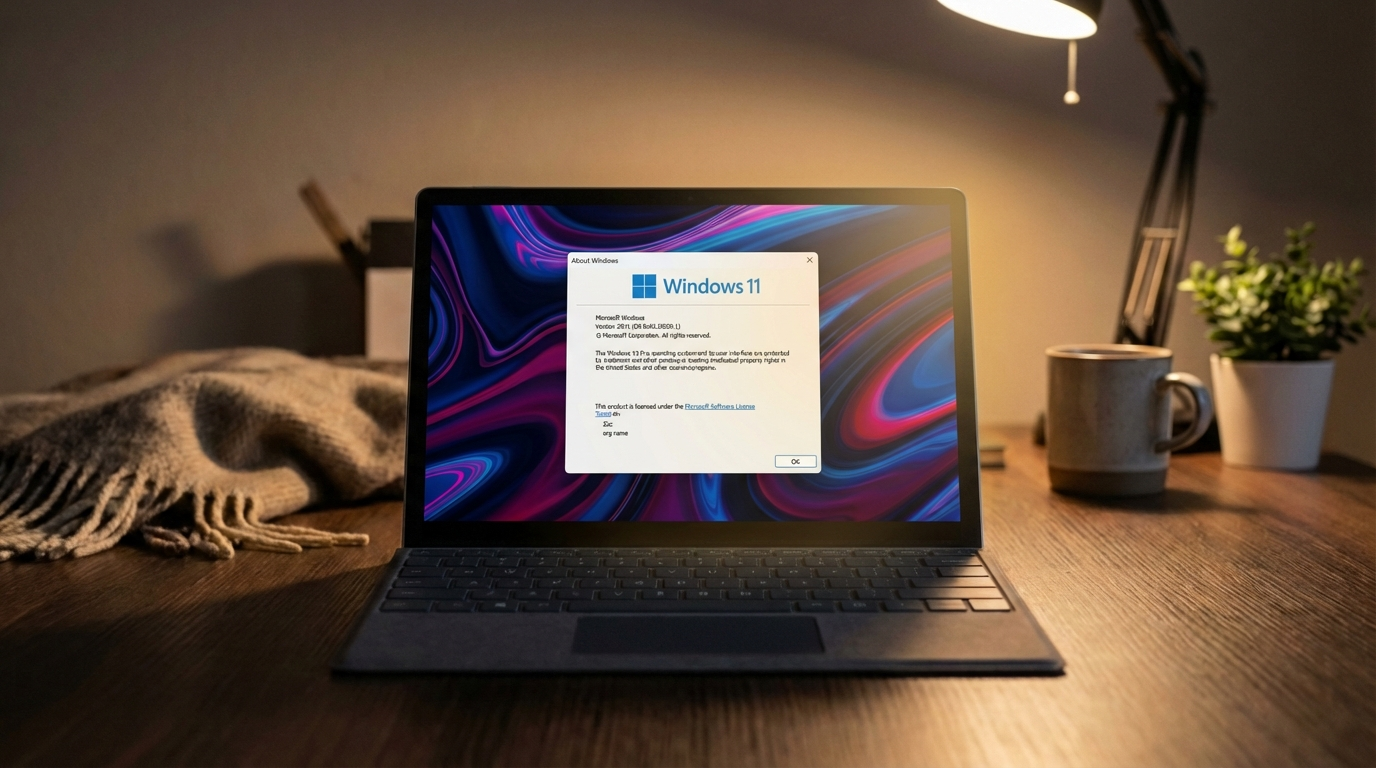Obama signs, and MS supports, patent overhaul bill

All the latest news, reviews, and guides for Windows and Xbox diehards.
You are now subscribed
Your newsletter sign-up was successful
Today President Barack Obama signed a bill into law that is being touted as the biggest reform to patent law since 1952. The America Invents Act changes the way the U.S. Patent and Trademark Office hands out patents from a convoluted, drawn-out process of researching who the inventor of a technology was to a first-to-file approach. This will shift the burden from the PTO to the inventors, greatly reducing the time it takes to get an idea patented. The America Invents Act also augments the process of challenging patents that have already been granted, and allows the PTO to patent-related fees. Speaking of the importance of the bill to both innovation and the floundering economy, Obama had this to say:
“Somewhere in that stack of applications could be the next technological breakthrough, the next miracle drug. We should be making it easier and faster to turn new ideas into jobs.”
Horacio Gutierrez, Microsoft’s corporate vice president and deputy general counsel of intellectual property and licensing, said in a blog post that the AIA:“will ensure that innovators in our troubled economy can benefit from a predictable and rational patent system, with new tools to eliminate patents that should not have issued and to speed the processing of patents that should be issued." He went on to say that "a fair, balanced and effective patent system is indispensable to promoting R&D investment, job creation, and economic growth.”
Gutierrez's comments are not surprising given the obscene amount of patent-related squabbles and acquisitions in the past year, which have included Microsoft, Apple, Google, HTC and others. The potential of companies using patents as weapons has also been credited for recent billion-dollar business moves, such as Google's recent purchase of Motorola Mobility.
Hopefully, with a more streamlined system and better review process, the patent world can gain a little sanity, while perhaps simultaneously giving the economy a lift in its step.
Source: SeattlePI; Photo: AP(Jacquelyn Martin)
All the latest news, reviews, and guides for Windows and Xbox diehards.

Seth Brodeur is a former contributor for Windows Central, covering Windows 10, Windows Phone, and more.
